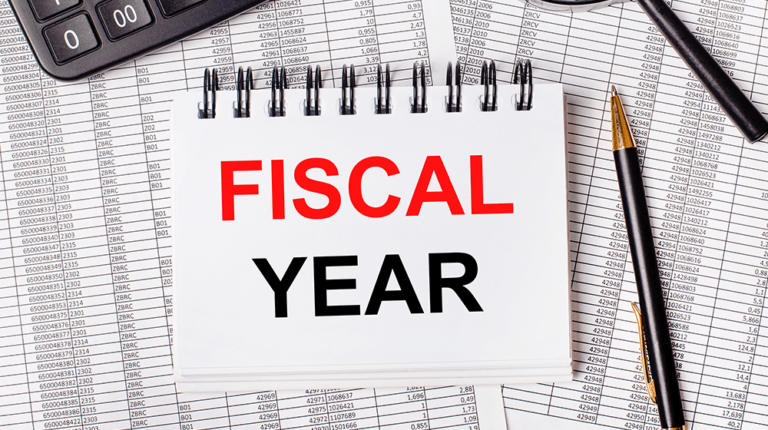Fiscal year vs calendar year: What’s the difference?
For tax, accounting, and budgeting purposes, understanding the difference between a fiscal year and a calendar year is crucial. While the two terms may seem similar, they have distinct meanings and implications for businesses. Let’s delve into the details of what sets these two types of years apart.
What is a fiscal year?
A fiscal year is a 12-month accounting period that a business uses for financial reporting and tax purposes. Unlike a calendar year, a fiscal year does not necessarily align with the traditional January 1 to December 31 timeframe. Companies like Microsoft may choose to end their fiscal year on a different date, such as June 30.
What is a calendar year?
A calendar year, on the other hand, follows the standard January 1 to December 31 timeline. Businesses like Amazon use the calendar year system for tax reporting and financial planning. This means that their financial activities and reporting are based on the traditional calendar cycle.
Differences between a calendar year and a fiscal year
There are several key distinctions between a calendar year and a fiscal year:
- Start date: The calendar year begins on January 1, following the Gregorian calendar, while the fiscal year can start on any date chosen by the business.
- Financial reporting: Fiscal years require more complex financial reporting compared to calendar years, as they must end 365 days later or within a 12-month period.
- IRS alignment: The calendar year is more closely aligned with IRS systems, making tax reporting and compliance easier for businesses.
- Accuracy: For seasonal businesses, using a fiscal year can enhance the accuracy of income and expense reporting, as it may better reflect their business cycles.
Can you change your tax year with the IRS?
The IRS operates on a calendar tax year basis, but businesses can choose to follow their own fiscal year for tax reporting. If you opt for a fiscal year, you will need to adjust your tax deadlines accordingly. Your tax payment will be due on the 15th day of the fourth month following the end of your fiscal year.
Choosing between a fiscal year and a calendar year for accounting purposes
Both fiscal years and calendar years have their own advantages and considerations for businesses. Here are some pros and cons to help you make an informed decision:
Fiscal year benefits:
- More accurate financial statements for seasonal businesses
- Increased visibility to accountants during tax season
- Alignment with business cycles and revenue patterns
Calendar year benefits:
- Simplicity and alignment with IRS default systems
- Easier matching of tax returns for businesses and owners
- Commonly used reporting method for small businesses and sole proprietors
In conclusion, understanding the differences between a fiscal year and a calendar year is essential for businesses to make informed decisions about financial reporting and tax compliance. By considering the unique benefits and implications of each type of year, businesses can choose the most suitable option for their specific needs and circumstances. As a sole proprietor, your business operations will align with the calendar year, ending on December 31st. This means that your financial records, tax filings, and other year-end activities will be based on the period from January 1st to December 31st. Similarly, for fiscal year taxpayers, the standard timeframe is also from January 1st to December 31st.
For some businesses, especially those with fluctuating income throughout the year, making installment payments on estimated taxes is a common practice. These estimated taxes are typically divided into four installments, spread out over the course of the year. This helps businesses manage their tax obligations and avoid any potential penalties for underpayment.
If you are required to make estimated tax payments, it’s important to stay on top of the payment schedule to ensure compliance with IRS regulations. Missing or late payments can result in penalties and interest charges, so it’s best to plan ahead and set aside funds for these obligations.
To help you stay organized and informed, here is a link to the IRS website where you can find more information on the payment periods for estimated taxes: [IRS Estimated Tax Payment Schedule](insert link here).
By staying proactive and informed about your tax obligations as a sole proprietor, you can avoid any surprises come tax season and keep your business running smoothly. Remember to consult with a tax professional if you have any questions or concerns about your estimated tax payments or year-end tax planning.
Overall, managing your finances and taxes as a sole proprietor requires diligence and attention to detail. By following the proper guidelines and staying informed about key dates and requirements, you can set yourself up for success and ensure the continued growth and success of your business.

